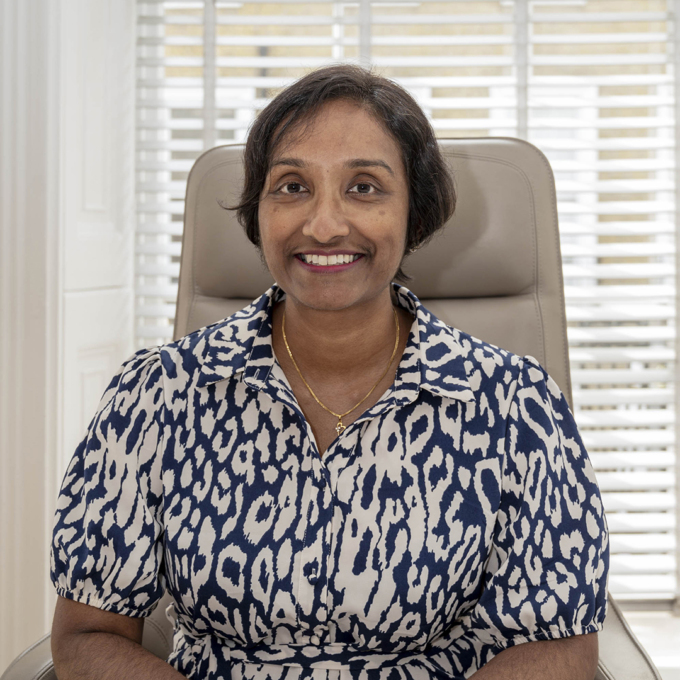Active acne is initially treated medically, with the aim of reducing the over production of oil, reducing inflammation and treating infection. Many over the counter products are available and medical prescription creams, ointments and tablets.
With medical prescription treatments the effects start to be seen in 4 to 8 weeks, and it may take many months or even years to completely clear. Medical treatment is done under the care of the Dermatologist / Paediatric Dermatologist at Clinica London, Dr Jennifer Crawley. Who will explain to you about the risks and benefits of the various treatments.
Acne scars are psychologically very difficult and if you are concerned about them, you should see one of our Consultant Specialist Dermatologist for assessment, as there are various treatments available to improve the aesthetic appearance of your acne scarred skin. At Clinica London, Dr Jennifer Crawley is an adult and paediatric specialist Dermatologists.
Medical prescription drugs include topical (applied on the skin) retinoids, antibiotics, azelaic acid and salicylic acid, and other prescription antibacterials for skin. Oral medical prescription drugs include antibiotics, hormones and anti-androgen.
In clinic treatments include light therapy with Intense Pulsed Light and steroid injections.
The Consultant Dermatologist will examine your skin and determine whether the scars are active or quiet, and give advice not only on the acne scar treatment but also generally on managing your acne skin. The treatments for acne scars depend on the assessment of the type, extent and location of the acne scarring and will include surgical dermabrasion, punch excision, subcision, intense pulsed light, laser, and filler, depending on the individual findings.
i) Ice pick acne scars are small deep holes that can be dermabraded or excised. Dermabrasion involves removing the superficial layers of the skin which causes the skin to look red and sore for a few weeks then heals gradually to give a smoother aesthetic appearance. Punch excision is done for icepick or box car type scars where the individual scars are excised surgically by the Consultant Dermatologist.
ii) Boxcar acne scars look like round oval depressions or craters as oppose to sharp pits (the icepick scars) and are often suitable for excision.
iii) Rolling acne scars are caused by deeper bands of scar tissue under the skin giving an uneven or rolling appearance to the skin surface. The rolling acne scars are treated with a combination of treatments including surgical subcision under local anaethetic where the deeper bands are divided and also the surface of the skin is often dermabraded to help smoother healing. Injection of light dermal filler (hyaluronate) just under the skin has a role in some cases of acne scars, in combination with other treatments such as subcision.
LASER is recommended for some acne scars but is not necessarily the first line of treatment. The dermatologist will recommend a combination of medical and surgical treatment for your acne scars and advise if laser treatment is also indicated.
Intense pulsed light (IPL) is increasingly being used at light specific wavelengths for acne scarring, and requires 2 to 4 sessions. IPL is not a LASER.
Lastly, because acne scars can zap your confidence, psychological support and treatment is often recommended as well as topical medical and local surgical treatment.
If you are considering Acne treatment you can see our prices for consultation and treatment with our Consultant Dermatologists Dr Jennifer Crawley. She sees children, adolescents, and adults suffering with acne.
Read more about Acne condition.




Telephone: 020 7935 7990
International Callers : +44 20 7935 7990